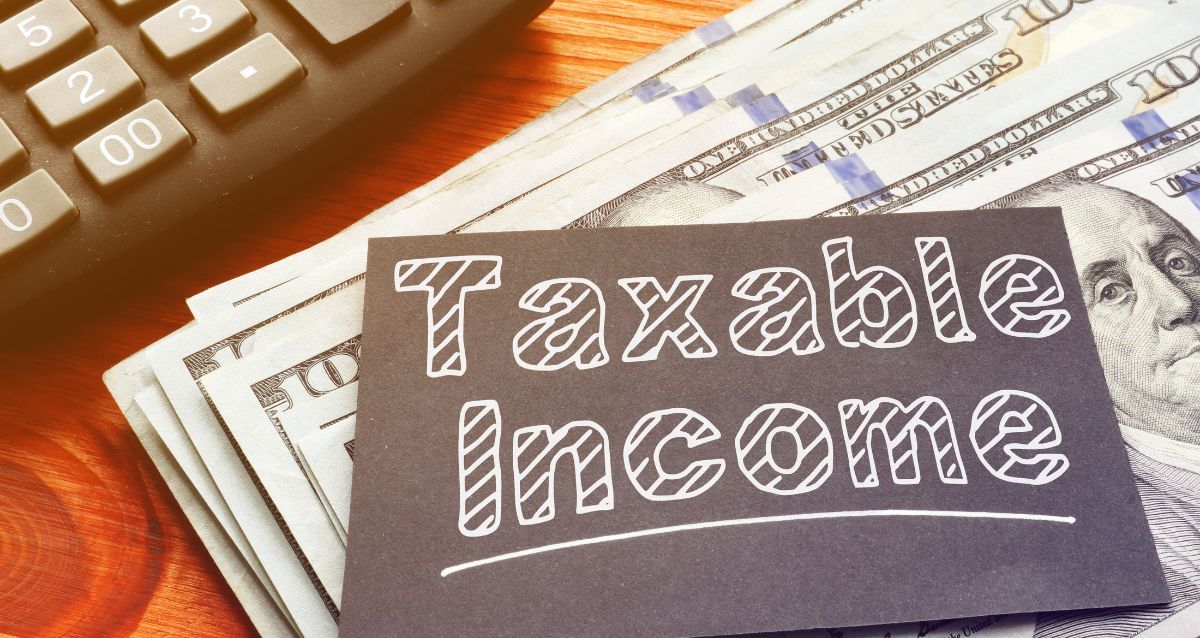UAE Corporate Tax Explained
It is very much important to understand who is taxed in the UAE Corporate Tax. Is it only for companies registered in UAE who will pay Corporate Tax? Individuals need to pay tax on their personal income. If the individual does some business in the UAE, is it taxed under UAE Corporate Tax? Are foreign companies taxed under UAE Corporate Tax? We are going to make an in-depth analysis of taxable persons and the tax liability triggering for different taxable persons.
Let us first understand the definition of Corporate Tax in UAE. Corporate Tax is payable on Taxable Income of the Taxable Person according to the Tax Periods as per the prescribed Tax Rate in the UAE. In this article, we are mainly focusing on the taxable person as per the UAE Corporate Tax Law.
Let us start with the statement to clear the question that may arise in your mind while reading this article. What is the difference between a legal person and a juridical person? In short, all taxable persons are legal persons, but only the entities that are separate from the owner are juridical persons (for example: Limited Liability Company, Limited Liability Partnership, PJSC, etc.).

Taxable Person in the UAE Corporate Tax Regime: Let us classify into 2;
- Resident Taxable Person
- Non-resident Taxable Person
Resident Taxable Person, let us further divide into 2:
- Resident Juridical Person
- Resident Natural Person
Non-resident taxable persons also let us divide into 2;
- Non-resident Juridical Person
- Non-Resident Natural Person
|
Resident |
Juridical Person |
|
Natural Person |
|
|
Non-Resident |
Juridical Person |
|
Natural Person |
In this article, let us dive into Resident Taxable Person in detail and clarify all the questions in your mind.
Who is a resident juridical person as per the UAE Corporate Tax Law?
Resident Juridical Person can be broadly classified into 2;
- Juridical person incorporated in the UAE (example: all the companies registered in the UAE, including free zone companies)
- Foreign Juridical Person that is effectively controlled and managed from the UAE (example: a BVI offshore company managed and controlled from the UAE by way of directors staying in UAE and board meetings happening in the UAE).
Keep in mind that a resident juridical person is subject to tax in the UAE on the worldwide income generated by them.

Who is a resident natural person under UAE Corporate Tax?
The concept of resident for a natural person is creating a lot of confusion. Let us make it simple.
- An individual who has having Emirates ID/residence visa in the UAE is a resident as per the immigration department.
- An individual who stays more than 183 days in a year in the UAE is considered a Tax Resident of the UAE.
- An individual who is conducting business or business activities with or without a trade license is considered a resident for Corporate Tax
Let us focus on the resident concept as per UAE Corporate Tax. A resident natural person is subject to Corporate Tax in case the natural person is conducting business or business activities in the UAE. It is not required that the individual is present in UAE, irrespective of the presence in the UAE, the individual will be subject to tax under UAE Corporate Tax if the business activity is conducted with or without the trade license. Example: - A natural person who runs a business in UAE through the sole establishment license is considered a resident as per UAE Corporate Tax Law.
As per Cabinet Decision No. 49 of 2023 a natural person is not required to register under Corporate Tax if the revenue of the natural person from business or business activities in the UAE does not exceed 1 million dirhams in a Gregorian calendar year. This includes the individual’s foreign income also if such income generated is connected with the business or business activity conducted in the UAE.
While calculating the 1 million threshold, below incomes shall be excluded.
- Wages
- Real estate investment income, not through a trade license or not required a trade license
- Personal investment income, not through a trade license or not required a trade license
The resident natural person is subject to tax in UAE Corporate Tax on the world-wide income.
Case Study
If the above paragraphs make you feel complicated, let us understand it through an example:
Mr. Ahmed, a resident of the UAE, is providing management consulting services to UAE clients. Mr Ahmed is providing consultancy services to a few Australian clients as well by travelling to Australia. He is employed by one UAE company and gets a monthly salary as well. He has 5 properties in his person name and is given for rental purposes. Below is the revenue generated by Mr. Ahmed in the tax year 2024.
- Consultancy income from UAE clients: AED 700,000/-
- Consultancy income from Australian clients: AED 600,000.
- Annual gross salary received: AED 550,000/-
- Rental income received from properties: AED 1,200,000/-
Facts to be checked
- Consultancy income from the UAE is a business income and needs to be considered for calculating the registration threshold of 1 million dirhams in a year.
- Consultancy income from Australia also shall be considered for the threshold because even if the income is generated from outside the UAE, the nature of the income is connected with the business activity conducted in the UAE.
- Salary—no need to consider wages as outside the scope of UAE Corporate Tax.
- Rental income from real estate properties for a natural person who does not through a license or does not require a license is outside the scope of UAE Corporate Tax Law.
|
Taxable Income |
Amount |
|
Income from UAE clients for consultancy services |
AED 700,000/- |
|
Income from Australian clients for consultancy services |
AED 600,000/- |
|
Total Taxable Income in the calendar year 2024 |
AED 1,300,000/- |
Mr Ahmed shall register for Corporate Tax since the business income has exceeded 1 Million in the year 2024.
When should an individual register for Corporate Tax? What is the deadline? What if not registered before the deadline specified? Want to know more? Read here
The natural person who has earned more than 1 million in business income shall register for Corporate Tax and file the Corporate Tax return. However, there is a relief announced by the UAE authority for a taxable person who is earning less than 3 million dirhams in a tax year. It is called Small Business Relief. We have written a detailed article on small business relief. Read it here
What will happen if the natural person’s business revenue is below 1 Million in the subsequent year(s)? Are they required to cancel the Corporate Tax registration? The answer is no. The natural person shall submit a NIL return if the revenue is below 1 Million in any tax year. The cancellation of the corporate tax number is possible when a natural person fully stops/ceases the business or business activities in the UAE.
To learn more about Who is Taxed in the UAE Corporate Tax?, book a free consultation with one of the Flyingcolour team advisors.
Disclaimer: The information provided in this blog is based on our understanding of current tax laws and regulations. It is intended for general informational purposes only and does not constitute professional tax advice, consultation, or representation. The author and publisher are not responsible for any errors or omissions, or for any actions taken based on the information contained in this blog.

